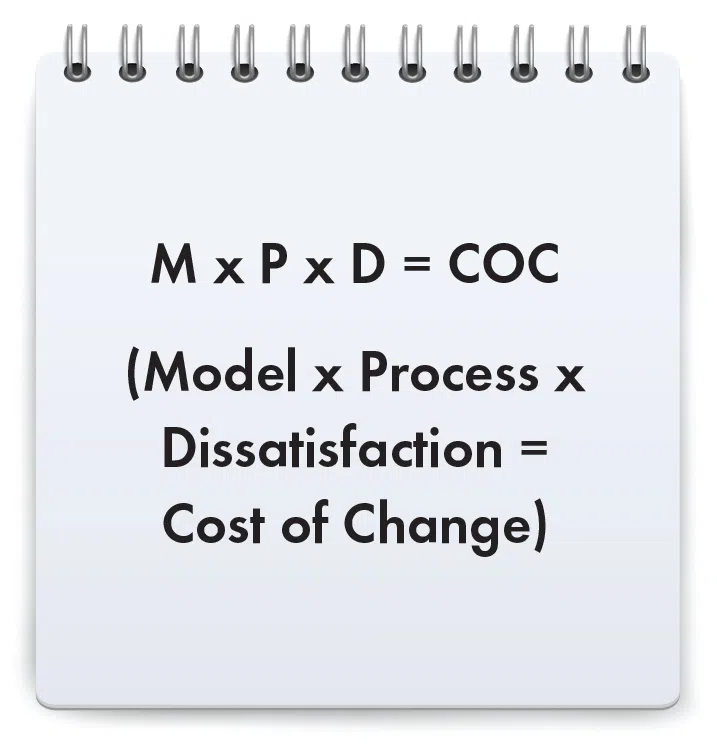You have probably heard the phrase “Are you working in your business, or are you working on your business?”. It is a phrase that has been used for many years, has a nice ring to it, and I certainly agree with the principle and its intent. I’ve have used the phrase myself. But, asking the question is easy, anyone can do that. Determining how you place the principle in motion is the challenge and it requires commitment to a discipline.
The following is a unique approach on how you can address the challenge. Company size does not matter, as this approach will work whether your company is small, medium, large or huge.
Let’s start with the organizational structure of your company. Almost without exception, it is a sole proprietorship, partnership, or some type of corporation, the most common being a C, S, or LLC. Most company owners have their companies set up as corporations. If so, you as an owner are a shareholder (maybe the only one), a director (your wife or husband may be another) and an officer (maybe the President). I’ve just described a common arrangement in our industry. In fact, it is true in the case of every one of the many companies I’ve owned.
Now think of a large corporation. Let’s select IBM. If you own stock in IBM you are a shareholder. This means you have an ownership position in IBM. Shareholders have invested capitol in the business and expect a positive return on their investment. As a shareholder you participate in electing the directors.
The directors the shareholders elect are expected to direct the affairs of the corporation and their view is from somewhat of a distance. If the shareholders feel that a director is not doing what he or she was elected to do, and are dissatisfied with their performance they can simply not elect them to a following term or remove them in some other manner creating an opening for another director on the Board. Directors appoint officers.
The officers the directors appointed are expected to manage the day-to-day business of the corporation. If the directors feel an officer is not doing what he or she was hired to do, they simply fire them and look for a replacement.
The question for you is — do you think like a shareholder, a director, or an officer? You are probably operating each day as an officer handling the many day-to-day activities. But to whom are you accountable? Shouldn’t you take the time occasionally to get away from the business and think as a director by doing some strategic planning? If you do not ever operate as a director, then who is directing the affairs of the company and thinking longer term than how an officer generally thinks, has time to think, and is expected to think. Acting as a director, has there ever been an occasion when you should have fired yourself as an officer?
Thinking as a shareholder, are you realizing the return on your investment that you are entitled to? You are taking a serious financial risk and are entitled to a reasonable return, and it certainly should be more than you could get if your money was invested with a financial advisor. Or, is one of your directors — namely you — not doing the job a director ought to be doing, and should the shareholders remove you from the Board? The real answer is you are all three — shareholder, director and officer and it results in an internal conflict you must deal with.
I have three recommendations. First, you must at least once a year block out a couple of undisturbed days and put on your shareholder’s sombrero while removing your officer’s cap. Secondly, once a quarter you must block out a day and think like a director. You can do that, as strange as it seems even for a small company, by actually having a meaningful Board of Directors meeting. Third, consider bringing at least one outside person, maybe two, that you trust and can bring value, to your Board. I serve on a number of Boards, enjoy the work, and take it seriously. There are people who can and would do the same for you.
Whether or not your company is a corporation, you can still apply the corporate principle I have described by subscribing to the discipline, recognizing the three different roles, and reserving the annual Shareholders’ and quarterly Board of Directors meetings on your calendar. The result is you are solving the challenge of “working on the business”.



.webp)
